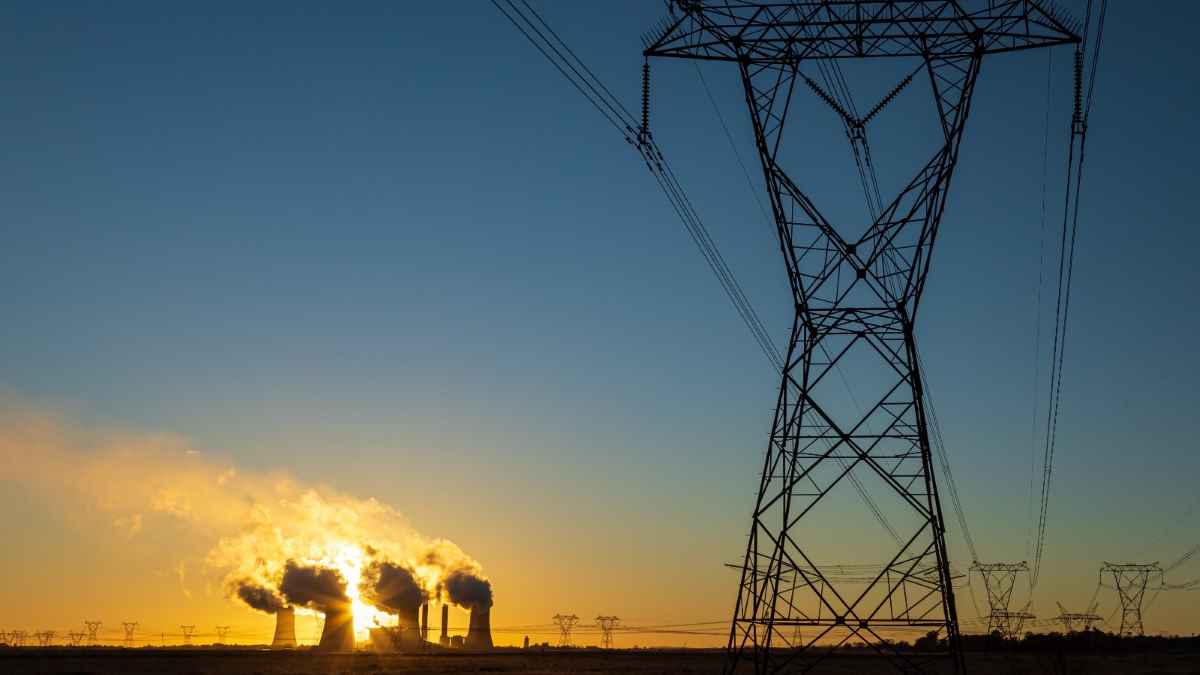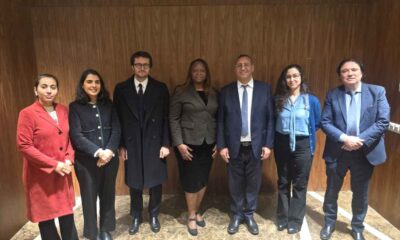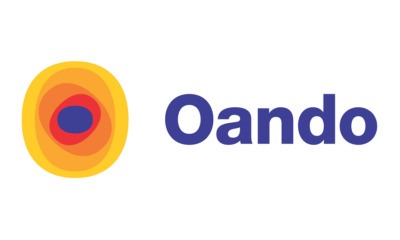As the African Energy Chamber’s new report, “The State of South African Energy,” points out, South Africa currently depends on coal for 80% of its power generation
JOHANNESBURG, South Africa, March 21, 2023/APO Group/ —
By NJ Ayuk, the Executive Chairman of the African Energy Chamber (www.EnergyChamber.org) and Author of A Just Transition: Making Energy Poverty History with an Energy Mix.
In the march to net zero, coal usage is the villain in the story. Industrialized nations demonize coal for its negative environmental effects: Coal combustion releases pollutants linked to smog and respiratory illness, from carbon dioxide and sulfur dioxide to nitrogen oxides to mercury and lead.
On the other hand, coal is an abundant fuel source that is inexpensive to produce and convert into energy. Countries around the world continue to rely on it. That’s certainly the case in South Africa, where the country’s grid system was built around coal. As the African Energy Chamber’s new report, “The State of South African Energy,” points out, South Africa currently depends on coal for 80% of its power generation. For the people of South Africa, coal is a lifeline.
So, yes, I understand the environmental concerns related to coal usage, but they, alone, should not dictate South Africa’s energy decisions. Making a strategic, gradual move away from coal makes sense for South Africa, but to abruptly cease coal usage at this juncture would be detrimental to the nation and its people.
South Africa’s Coal Realities
We must be pragmatic about the key role coal plays in South Africa. The chamber’s report does project a decline in coal use, but it will be a slow and steady one. By 2030, we anticipate coal usage to be down from the current 80%, but still hovering around 65%. Clearly, this will still be a large portion of the country’s overall power generation. Environmentalists may balk at these numbers, but they’re a reflection of South Africa’s realities on the ground.
While renewable energy sources (in the form of solar PV, solar thermal, onshore wind, hydro, and bioenergy) have begun to make their mark in South Africa, they currently only are used for 10% of total generation. By 2030, the chamber’s report anticipates, renewables likely will account for 25% of total power generated.
I would add that coal’s value to South Africa isn’t limited to its use as an energy source: Coal production remains a major industry that, as of 2021, employed almost 93,000 people and contributed 480.9 billion rands to South Africa’s GDP.
Look at South Africa’s Mpumalanga province, where 85% of South Africa’s mining jobs are. Yes, people there can move to renewable energy positions or train to work in other sectors after coal production stops, but that process won’t happen overnight.
Yes, Coal Needs Help
It’s true that coal, on its own, isn’t enough to keep the lights on.
Coal production remains a major industry that, as of 2021, employed almost 93,000 people and contributed 480.9 billion rands to South Africa’s GDP
At present, 43% of South Africa’s population is energy-poor. This translates to some 25 million people who have insufficient power.
And now, South Africa’s coal-fired power stations are linked with South Africa’s energy crisis. The government-owned national power utility, Eskom Holdings — which generates 90% of the electricity used in South Africa and 30% of the electricity generated on the African continent — has been unable to keep up with increasing national demand for electricity. South Africa’s aging fleet of plants has been pushed beyond its means, declining exponentially.
Eskom’s 14 coal-fired power stations are either old and inadequately maintained or poorly designed and not operating at capacity. Due to these issues, South Africa experiences a daily shortfall of around 4,000-6,000 megawatts, roughly equivalent to 10% of current use. What results are scheduled power outages (or “load shedding”) that often last six hours a day or longer.
Unstable electricity access not only impacts daily life of the general public. Power outages cause disruptions to businesses, damaging the very economic backbone of the nation.
To address this problem, South Africa has been working to shift its energy mix from coal to renewables like wind and solar. However, this shift faces considerable challenges — not the least of which is the fact that a lack of proper energy management means that no viable supply alternatives currently exist.
As the chamber recently wrote, coal has a crucial role to play in stabilizing the country’s energy sector and business environment. I’m convinced that what South Africa needs, at the moment, is more coal power generation and the regeneration of existing coal facilities while the country accelerates its renewables and natural gas sectors.
We Must Not Add to the Suffering
That’s why I’m concerned about any transition plans that have South Africa turning away from coal too quickly. For example, as part of the transition away from fossil fuels, Eskom is expected to decommission half of its 45,000MW installed capacity by 2035. Attempting to protect the environment is a noble pursuit indeed, but Africa’s energy struggles will inevitably get worse if the old coal plants are decommissioned without suitable replacement energy sources in place. And at present, renewables don’t come close to what’s needed.
We hope to see South Africa gradually transfer to renewables, on par with Africa’s COP27 pledge, beginning with natural gas as a “transition fuel” and then moving to onshore wind and photovoltaic power generation by the end of this decade.
A just energy transition in South Africa takes into account environmental aspirations, that’s clear. But more importantly, the transition must also eliminate the load-shedding woes that have long prevented energy security.
South Africa needs alternate sources to generate power and grid integration to distribute this power generated via alternate sources to consumers. Continuing to rely this heavily on coal, without more diversified energy generation, is not sustainable. However, prematurely abandoning coal use altogether will only further cripple the economy.
Distributed by APO Group on behalf of African Energy Chamber.


 Business5 days ago
Business5 days ago
 Business5 days ago
Business5 days ago
 Energy5 days ago
Energy5 days ago
 Business5 days ago
Business5 days ago
 Energy3 days ago
Energy3 days ago
 Business5 days ago
Business5 days ago
 Business3 days ago
Business3 days ago
 Business3 days ago
Business3 days ago












